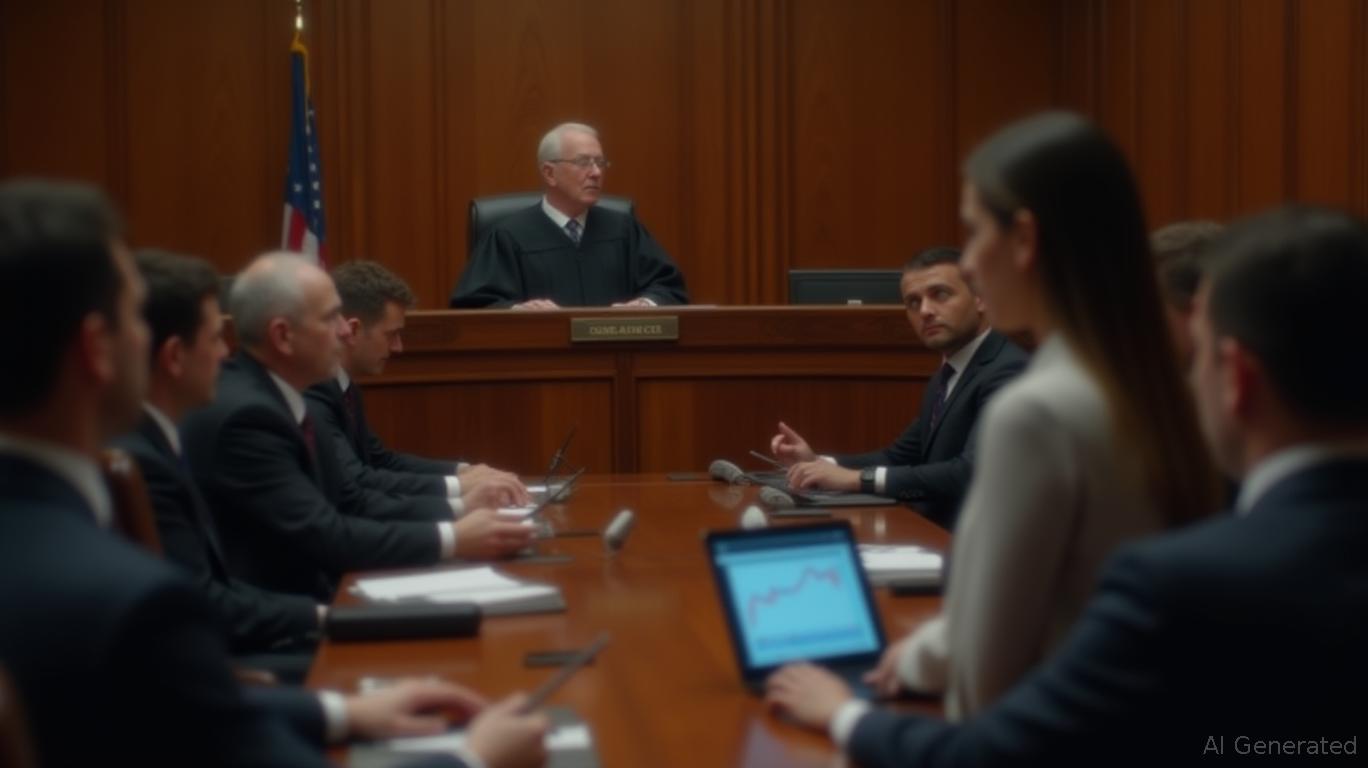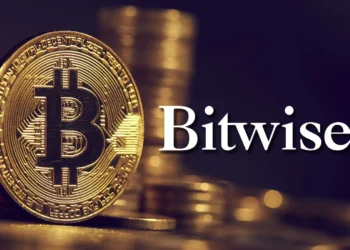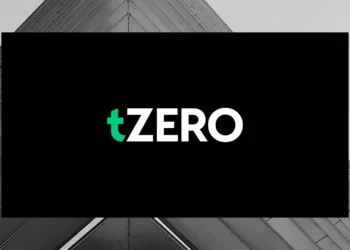XRP News Today: Indian Judiciary Acknowledges Cryptocurrency as Property, Establishing a Landmark for Investor Protections
- India's Madras High Court ruled crypto as property, blocking WazirX from redistributing a user's 3,532 XRP to offset hack losses. - The decision reinforces legal protections for digital assets, setting a precedent for investor rights and clearer regulatory frameworks. - By rejecting WazirX's "socialization of losses" plan, the court emphasized crypto custody distinctions and trust obligations for unaffected assets. - Experts highlight the ruling's impact on India's crypto ecosystem, aligning with global
In a significant decision, the Madras High Court in India has prohibited crypto platform WazirX from reallocating a user's 3,532

The dispute involved a user who acquired XRP tokens in January 2024, which were not impacted by the security breach that compromised
Once India's leading crypto exchange, WazirX has been undergoing a 16-month restructuring since the hack, which led to a halt in withdrawals and trading, according to
The ruling carries significant weight for India's digital asset sector. Sudhakar Lakshmanaraja, who leads Digital South Trust, remarked that the decision "bolsters protections for crypto investors and lays the groundwork for more transparent fiduciary standards." With more than 20 million Indians owning digital currencies, the court's acknowledgment of crypto as property could shape future regulatory measures, especially as the government enforces a 30% tax on gains and a 1% TDS but has yet to establish comprehensive investor protections.
The relaunch of WazirX has received varied feedback. Although 95.7% of creditors approved the restructuring, users have reported difficulties accessing their funds, with some accounts still restricted; the relaunch schedule was also highlighted by
The Madras High Court's stance is also in line with international developments. Countries such as the UK and New Zealand have similarly classified crypto as property, but India's judgment is among the clearest. The court cited Lee Reiners' paper from Duke Law and global cases like Ruscoe v. Cryptopia Ltd. to illustrate that features like identifiability, transferability, and control via private keys make crypto comparable to traditional property. This legal certainty could help strengthen India's crypto industry, which records $10 billion in annual trading despite unclear regulations.
WazirX has yet to issue a statement regarding the judgment, but the case highlights the increasing influence of the judiciary in shaping crypto regulation. As platforms like WazirX and CoinSwitch work through post-hack recovery, the Madras decision affirms that user assets must be managed as trust obligations rather than as interchangeable liabilities. With the Indian crypto market expected to expand, this ruling could become a key reference point for future laws balancing innovation and investor safety.
---
For more details and original coverage, see reports from
Disclaimer: The content of this article solely reflects the author's opinion and does not represent the platform in any capacity. This article is not intended to serve as a reference for making investment decisions.
You may also like
420K BTC For France : The Boldest Crypto Proposal Yet

US Lawmaker Seeks to Ban Trump and His Family From Trading Crypto or Stocks

Bitwise Launches First U.S. Solana Staking ETF, $BSOL, to Begin Trading Tomorrow

tZERO to Go Public, Strengthening Push for Blockchain-Based Financial Infrastructure
